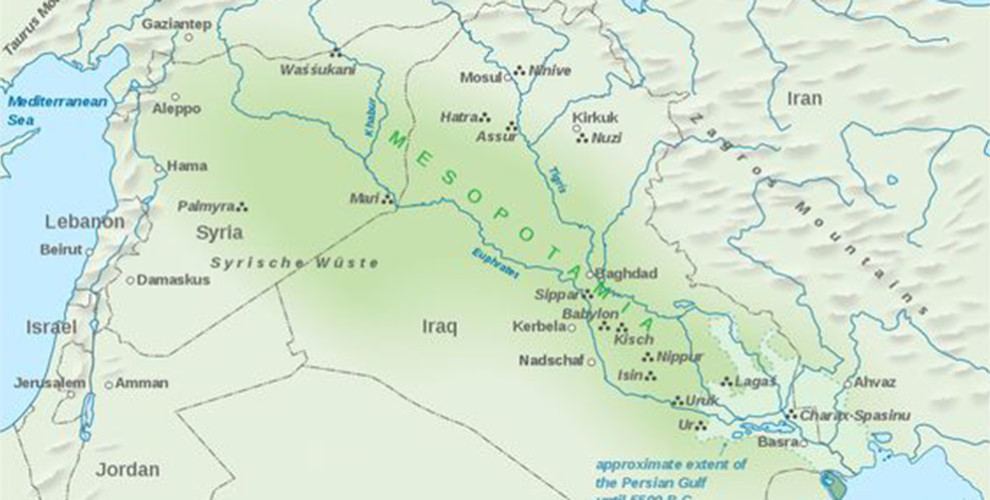Akitu - a millennium-old festival in Mesopotamia
The Akitu feast of Mesopotamia dates back to 4th millennium BC. and possibly even back to the Neolithic.
The Akitu feast of Mesopotamia dates back to 4th millennium BC. and possibly even back to the Neolithic.

The Akitu Festival traces the tens of thousands of years of history of Mesopotamia, the development of domination and the struggle for liberation. Akitu lasts from 21 March (Newroz) to 1 April and is celebrated by the Assyrian population. It has an ancient history. Akitu goes back well into the Sumerian period, if not back to the Neolithic period and marks the date for the cereal sowing. The first indications of Akitu go back 6,700 years. However, festive traditions around the beginning of spring and sowing are particularly important in the context of the Neolithic revolution and the beginning of organized agriculture, so it can be assumed that Akitu is still far older and was influenced by the goddess cult in the early times. The history of Akitu even traces the development of state civilization and patriarchy.
The word Akitu itself is Sumerian and means nothing else than celebration. It lasted twelve days and concluded 5,000 years ago in Uruk with the "holy wedding" between the ruler of the city and the goddess Inanna.
In Gilgamesh epic, the patriarchal man Gilgamesh breaks this tradition and denies the Sumerian city goddess Inanna the wedding, so he brings down great misfortune on Uruk. Traditionally, Akitu is also closely linked to the creation story. As part of the enforcement of patriarchal social structures and state civilization, the mother goddess Tiamat became a dragon in the Mid-Babylonian era, who was killed by her own son or grandson Marduk and from whose bodies the world was created. This fight was repeated during the festival, which was called Rêš-šattim at Babylonian time, again and again.
Today Akitu is the symbol of the resurrection and the beginning of the new year. It is brought together with the Christian Easter. Due to the repression and oppression it was celebrated in Rojava after a long time again.
The representative of the Syrian Cultural Association of Qamişlo Hena Hine states that the celebrations are now taking place after a long break. She describes the festival as a common cultural heritage of the peoples of the region, which brings people together. "That did not please the dictators and they tried to wipe out this feast," she explains, continuing, "There are many civilizations on this earth. The most beautiful thing is that these civilizations can live together in one place."
The Initiative for Unity and Solidarity among the Nations (SYPG) said the following in their message to Akitu: "We congratulate on the resurrection festival of the ancient peoples of Mesopotamia, the Syriacs, the Assyrians and the Chaldaeans. Our people, who have experienced a history full of massacres, expulsions and assimilation, have never given up their hope for the resurrection of a life of freedom, justice and humanity."
The statement said that these values now stand in the fight against the dirty alliance between the Turkish invaders and their supporters, Iran, the Baath regime, Russia and the international powers.